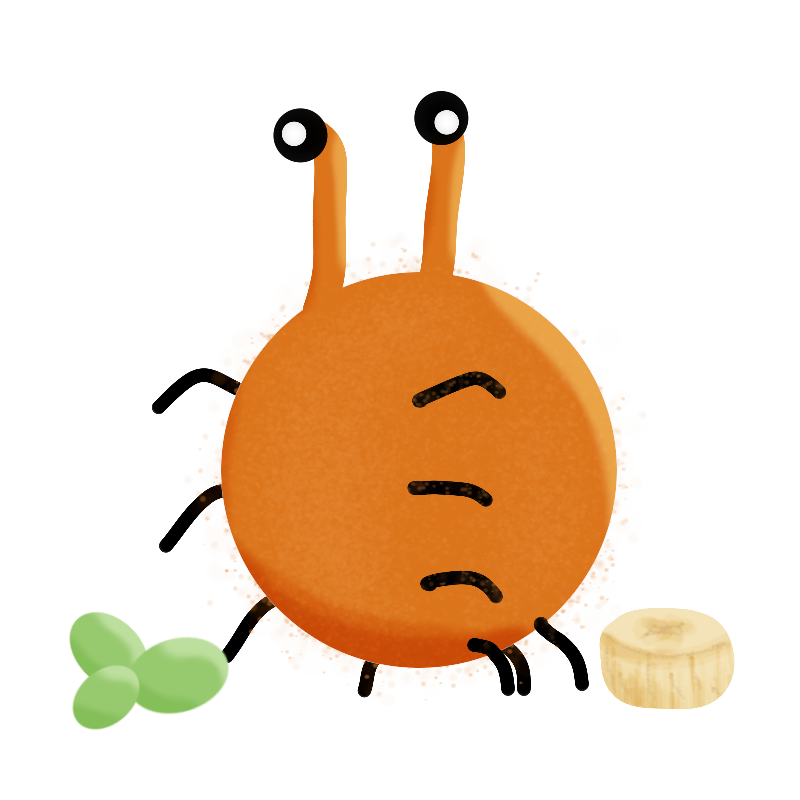Voehn ('The Voice')
Public linguanthropological record
Property of the Royal Atheneum of Hövnís, Eörpe
Etymology & Definition
Voehn is the definite form of ‘ehn’ and translates to ‘the wind/breath/voice’. It’s fairly certain the contextual meaning of the name is ‘the voice’.History
Origin
Voehn is an intentionally engineered hybrid between the former lingua franca, Apvaturji and Ehrebvha, of the world Lusoya. It belongs to the Proto-Gjevasudit family and Rotsahvse subfamily, and while technically stemming from both the Konbi and Turyic infrafamilies it's most commonly categorized under the latter.Simplified Cladogram

Early History
Lusoyan have always exhibited a strong desire for cultural and national cohesion, which translated into a number of measures being taken to make the Ascendancy more homogenous in several societal and cultural areas soon after its formation. One of these measures was the creation of a single, national language. A group within the former Ascended Family of Ahvossnhi were tasked with creating a complete system of grammar and vocabulary, including an accompanying writing system, to the current Ascendant Worlds Congress assembly. They presented Voehn circa 25 years after the Ascendancy's formation, and since its implementation remained the state's only accepted language until 100-150 years ago. Voehn have grown increasingly complex and expansive in the centuries since, a development that appears to be largely considered positive by the lusoyan population. The ability to learn and use such an involved language is a source of pride, and especially among the lusocentralists considered a demonstration of their intellectual superiority.Modern Day
The Directorate for Conservation of Cultural Integrity, a governmental entity that currently fall under the Nksumiri Family’s jurisdiction, is the primary regulatory body for the advancement and cultivation of the Voehn language. Part of their duties encompass ensuring Voehn remains the primary language within the Ascendancy, and that appropriate measures are taken to minimize dialectal and accentual heterogenization. All citizens of the Ascendancy are still required by law to learn and use Voehn as per the official guidelines given by the Directorate, but there’s been a noticeable increase in tolerance toward the use of colloquial language under certain circumstances. Outside pressure from other major galactic states also lead to increased lenience toward citizens who, due to inherent anatomical limitations or different handicaps, cannot properly learn or use the language. Most notably, 'misuse of state language' and 'illegal use of non-sanctioned languages' were abolished as punishable offences from Ascendancy law less than 100 years ago. This change primarily affected the non-Lusoyan population of the Cheitosnu social class, who prior to it were forced to remain mute while in the presence of higher-status citizens. In many places, Cheitosnu couldn't communicate verbally unless safely within the confines of their own homes. Lusoyan citizens living with certain types of handicaps were also subjected to forced muteness prior to the change.Linguistical Data
State Language
Large Vowel Inventory
Tonal
Agglutinative
Time-Manner-Place (TMP)
Transmogrifs
Seimosifs
Taxonomic Data
Ehrebvha
Anthropological Data
Estimated spread on ~69 worlds.
The Twin Suns Alliance
The United Worlds
Haarbo
Uratan
Nksumiri Family










I do love a fantastic language! And this is absolutely one! :D
Aw, shucks, thank you so much. <3 Been so stoked to finally get this compiled and posted so it makes me glad it's enjoyed by others!